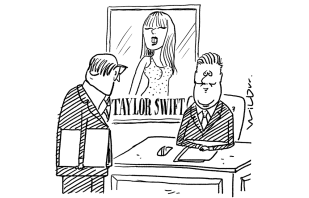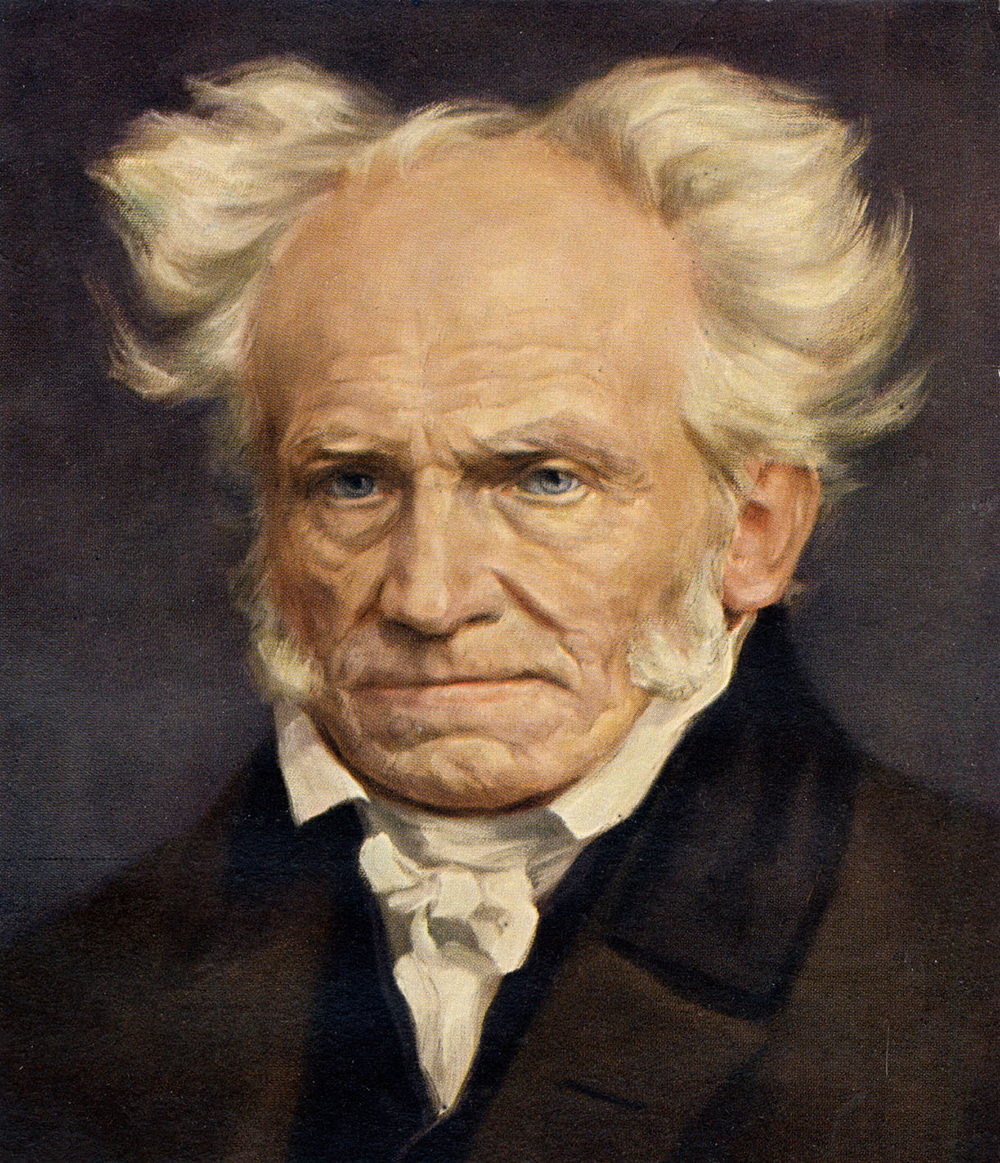Years ago Lord Patten of Barnes – Chris – was our guest for my Great Lives programme on BBC Radio 4. He championed the life of Pope John XXIII, a mid-20th-century pope from humble origins who (his admirers would say) did much to bring the Roman Catholic Church into the 20th century. He had his detractors too, Evelyn Waugh for instance: ‘Easter used to mean so much to me before Pope John and his council… I have not yet soaked myself in petrol and gone up in flames, but I now cling to the faith doggedly without joy.’
The muscle memory of today’s pop-musical taste is half a century long
I leave Catholic culture wars to Catholics, mentioning this recording only for a remark of Patten’s that struck a chord with me. One of the things he admired in John XXIII, he said, was positivity about his own epoch. ‘The Catholic Church has so often, through the ages, given the impression that it doesn’t like the century it’s in.’
Liking the century you’re in. Chris’s remark sprang to mind recently when a group of us were discussing listening trends in pop music: 1960s, 1970s and 1980s pop appears alive, well and vigorously current in 2020s taste, especially among those ranging from twenty-somethings to fifty-somethings: most of whom were unborn or in their prams when the hits first aired. Some of their grandparents weren’t born either. Reggae is more than half a century old.
My researcher plays in a band called Deco, whose album recently narrowly missed the week’s top 40, edged out by Abba, Fleetwood Mac and Cher. I went to one of Deco’s London gigs. Twenty- and thirty-somethings, dancing wildly to songs by a band whose influences were palpably Wham, Tears for Fears, New Order.
I caught the finals of a BBC Radio 2 series, Your Ultimate British Group, chosen by listeners’ votes. From 50 finalists, the runner-up was Queen (A Night at the Opera, 1975). The winner? The Beatles. (Sergeant Pepper, 1967.) Then came the Stones, Pink Floyd and Fleetwood Mac. There was little from this century. When I was young, an equivalent list would have featured few bands that went back more than a decade.
Compare today’s BBC list with its 2013 line-up of favourite albums. As with this year, most of the top 50 were from the last century, but three in the top five did (just) make it past 1999. This year none do. As the 20th century recedes, we’re hugging it closer. Radio stations are saluting hundreds of favourites from that epoque. Radio 2 boasts Sounds of the Sixties with Tony Blackburn; and I tuned in last weekend to Johnny Walker’s penultimate show in his Sounds of the Seventies series. Imagine (you can’t) a 1960s pop series called Sounds of the Twenties.
Is this not extraordinary? The muscle memory of today’s pop-musical taste is half a century long. Take something we still enjoy, Elvis Presley’s first hit album (G.I. Blues, 64 years ago). Now loop back another six decades from then. You’re in the 1890s! No pop station in the 1950s was playing anything from the 19th century; or indeed anything Edwardian; or from the Roaring Twenties; or even the 1930s and 1940s. By the time we moved into the Swinging Sixties we were turning our backs even on the 1950s.
In short, musically anyway, through most of the 20th century, grown-ups were enjoying the epoch, even the decade, we were in. Today, already a quarter of the way through the 21st century, pop has to compete for its audience with a musical scene that stretches back almost as far as the end of the second world war. Will there be no end to the reign of Dolly Parton? And some of the bigger recent commercial successes (George Ezra, for instance) consciously ape an earlier time. Taylor Swift’s songwriting (anthems about heartbreak and empowerment) is timeless. There’s nothing specifically modern about her, and she’d have been a legend at any point in the past 50 years. So many of the handful of big names in pop today add little except talent to a half-century-old genre.
Does this lesson go wider than the music scene? Do we more generally dislike the century we’re in?
Try, of course, to strip out the nostalgia about the past that afflicts every epoch. Even the Ancient Greeks moaned about the younger generation; and Elvis Presley sparked horror among the 1950s middle-aged, as did boys’ ‘ducktail’ haircuts in Britain. No columnist is unaware of the rich vein of potential articles that grumbling about what we’ve lost offers us when short of something to write about. Some of my fellow columnists base entire careers on it. In a way, I’m doing the same now. We’re losing our enthusiasm for the new.

We miss the Cold War, don’t we? There was a sort of stability in the geopolitical stalemates of the second half of the 20th century. Post-Suez, the Middle East contained its eruptions and nobody looked in much danger of winning. Empire was in its death throes in Africa and the West Indies, but everything was under control in a kind of orderly, slow-motion retreat. The Americans looked assured as the world’s policemen, and what we rudely called the Yellow Peril seemed a distant threat. An age of telly and takeaways was dawning. We were becoming cheerfully reconciled to second marriages and extramarital sex, of which there seemed to be lots. Words like Islamist and Islamophobia didn’t exist. The IRA was a worry, but hardly represented a threat to civilisation as we knew it.
‘Civilisation as we knew it.’ Threats now seem so real, what with China, climate change, Putin (how we miss Khrushchev) and Iran as a nuclear power. We really do fear that things may be spinning out of control.
So back to the duvet, headphones and Cliff Richard’s ‘The Young Ones’. Sinatra, Presley, McCartney, Pink Floyd, Wham, Duran Duran, Madonna… they and their audiences liked the century they were in. Hands up who likes this one.








Comments